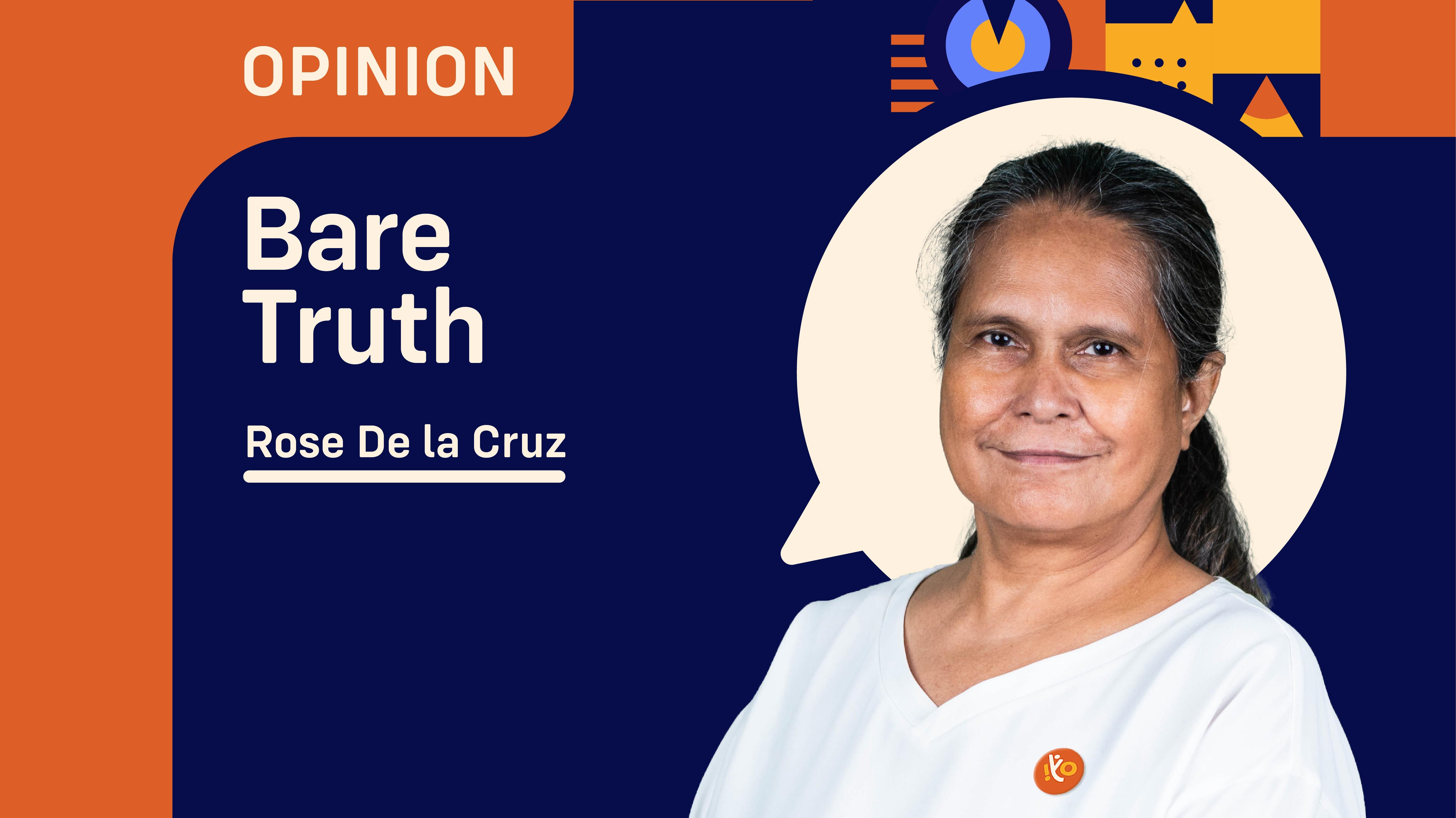Just like all the rich (landed and politically influential) people, Finance Secretary Ralph Recto defends his own kind from any form of wealth tax. Come to think of it, the wealthy must be paying such taxes, instead of the middle class whose incomes are eroding fast with cost of living, inflationary push and stagnant wages.
Even in the United States, despite efforts by administrations past and present, the wealthy are shielded from wealth taxes by those sitting in the legislature, many of whom belong to the upper crust of society.
They are just giving meaning to the saying, what are we in power for — if not to shield ourselves from shocks like taxes.
On October 8, Recto made known his disfavor for a “wealth tax” saying there are already enough taxes.
Sure, they have made certain that wealth taxes would be imposed on online transactions, tax on digital platforms like YouTube, Netflix Tiktok and others, tax on virtually every sector of society, BUT NEVER tax on the wealthiest. Unfair as it may seem, but what can we do, those in power are the ones endowing unto themselves and their kind such protection and safeguards.
“I think we have a lot of wealth taxes also to a certain degree,” Recto was quoted by reporters on the sidelines of an event on Oct. 8.
This is after debt-watch group Freedom from Debt Coalition recently pushed for the imposition of a wealth tax on individuals whose net worth exceeds P300 million.
Recto said that he is willing to study wealth tax proposals, but that these taxes could be “counterproductive.” (Mind you, counterproductive if it affects magnates, tycoons and like him powerful government officials… but not counterproductive if such taxes are slapped on the middle and lower classes of society).
“But I’m telling you, why should you also tax those who are working hard,” he said. (Sus, pampalubag ng loob ng mga manggagawa).
In the Philippines, different versions of a wealth tax have been proposed in recent years but none have been approved by Congress, Business World reported.
In 2022, the Makabayan bloc filed House Bill No. 258, which seeks to impose a 1-3 percent tax on the “super-rich” or people with net value of taxable assets exceeding P1 billion. It estimated that the tax would raise P236.7 billion annually from the top 50 richest Filipinos, the paper added.
“We have real property taxes on land and buildings. The more land, the more houses you have, the more tax you get,” Recto said.
The Freedom from Debt Coalition said the country’s current tax system is regressive, as it relies heavily on consumption taxes, than income and property taxes.
“Based on the proportion of income, the poor are slapped higher taxes due to consumption tax,” a representative said
The group called on the need for a more progressive tax system, citing Article VI Section 28 in the 1987 Constitution. “Those who have more in life should have more in taxes. To follow this provision [in the Constitution], billionaires must be taxed,” it said.
IBON Foundation Executive Director Jose Enrique “Sonny” A. Africa said that a wealth tax would not be inflationary.
“Unlike the consumption taxes so favored by the government and economic managers that always add to inflationary pressure at the time of imposition as well as permanently raise the general price level, the billionaire wealth tax already filed and refiled in Congress does not affect inflation or prices at all,” he told Business World.
Former Finance Secretary Benjamin E. Diokno had previously said the government prefers consumption taxes over wealth or luxury taxes.
Africa said countries that impose wealth taxes include Norway, Spain, Switzerland, Argentina, Colombia, Uruguay and Bangladesh.
“Others like France, Italy, the Netherlands, Belgium and Portugal tax more specific wealth like financial assets or real property. Tax rates range from 0.1% to 3.5%,” he added.
Implementing the House’s proposed 1-3% wealth tax could generate at least P500 billion in annual revenues, Africa said.
“Most of this or around P280 billion will even come from just the 50 richest Filipinos. The impact on them is negligible and just equivalent to stock market, forex or interest rate movements that they easily absorb every day,” he said.
“The Philippines infamously has among the worst income and wealth inequalities in the world. Implementing a billionaire wealth tax will send a strong signal of governance that is serious about social justice and economic progress,” he added.
#WeTakeAStand #OpinYon #OpinYonNews #OpinYonColumn #ColumnbyRosedelaCruz #BareTruth
